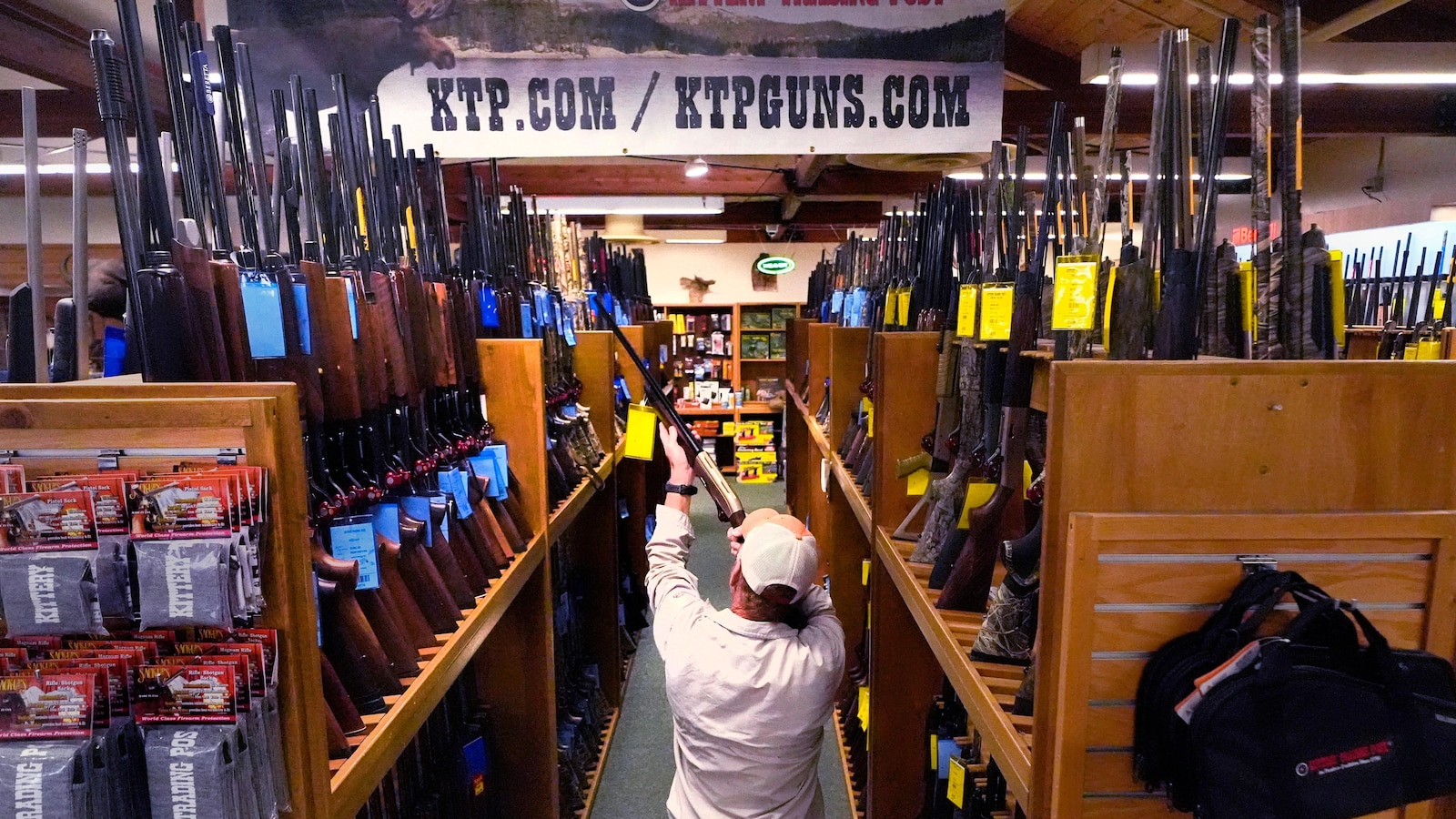Maine’s New Gun Laws: A Comprehensive Analysis
In the aftermath of Maine’s deadliest mass shooting, a series of gun safety bills have been adopted, including a new three-day waiting period for gun purchases. This blog post will delve into the details of this new law and explore its potential impact on public safety and the rights of gun owners.
The Three-Day Waiting Period
The most significant change introduced by the new legislation is the three-day waiting period for gun purchases. This requirement applies to all firearm sales, including handguns, rifles, and shotguns. During the waiting period, the buyer must complete a background check and the seller must hold onto the weapon. After 72 hours, if the buyer has passed the background check, they can return to the store to complete the purchase.
Purpose and Expected Impact
The primary purpose of the waiting period is to provide a “cooling-off” period for potential gun buyers. By requiring a delay between the decision to purchase a firearm and the actual purchase, proponents of the law argue that it will reduce impulsive purchases and give people time to reconsider their decision. This may help prevent gun-related accidents, suicides, and domestic violence incidents.
Impact on Gun Owners
While the waiting period aims to enhance public safety, it also raises concerns for gun owners. Some argue that it infringes on their Second Amendment rights and creates an unnecessary burden on law-abiding citizens. They contend that people who intend to use guns for criminal purposes will find other ways to obtain them, regardless of waiting periods.
For gun owners who use firearms for hunting or self-defense, the waiting period may pose logistical challenges. They may have to plan firearm purchases well in advance, especially if they need a weapon for an upcoming hunting trip or a safety concern.
Enforcement and Legal Challenges
Violating the waiting period law is a civil infraction punishable by a fine. However, critics argue that this penalty is not sufficient to deter people from purchasing guns without waiting. They believe that enforcing the law will require significant resources and may lead to selective enforcement.
The law has already faced legal challenges. Some gun rights groups have filed lawsuits, arguing that the waiting period violates the Second Amendment and is an unreasonable restriction on gun ownership.
Additional Gun Safety Measures
In addition to the waiting period, the new legislation includes other gun safety measures. These include:
- Expanding the state’s “yellow flag” law, which allows law enforcement to temporarily remove firearms from individuals who pose a threat to themselves or others.
- Criminalizing the transfer of guns to prohibited people, such as felons and people with protective orders against them.
- Requiring background checks for private gun sales, such as those advertised online or at gun shows.
Conclusion
The new gun laws in Maine represent a significant shift in the state’s approach to firearm regulation. The three-day waiting period is a controversial measure that has both supporters and detractors. While it may reduce impulsive gun purchases and prevent certain gun-related incidents, it also raises concerns for gun owners and may face legal challenges. The impact of these laws on public safety and gun rights will likely be debated for years to come.
